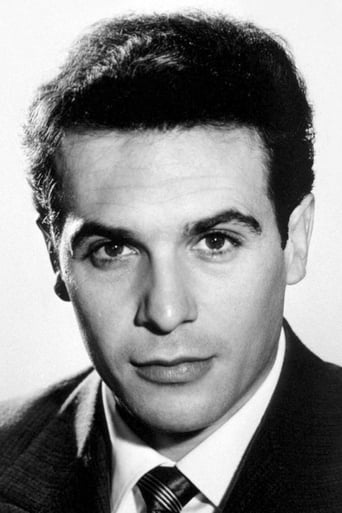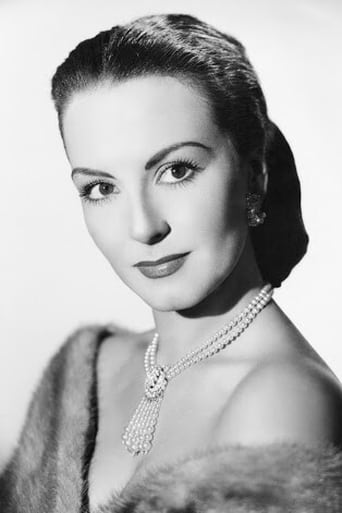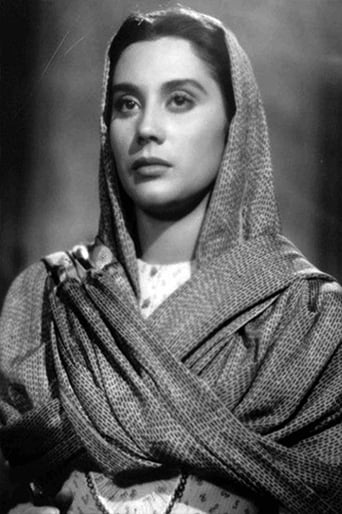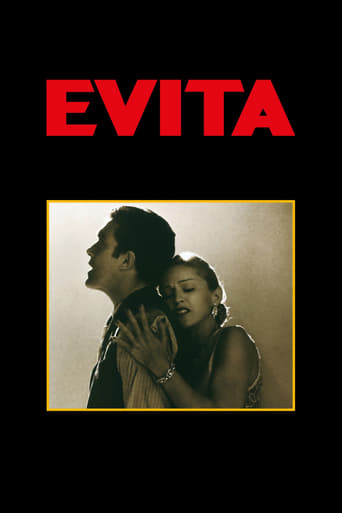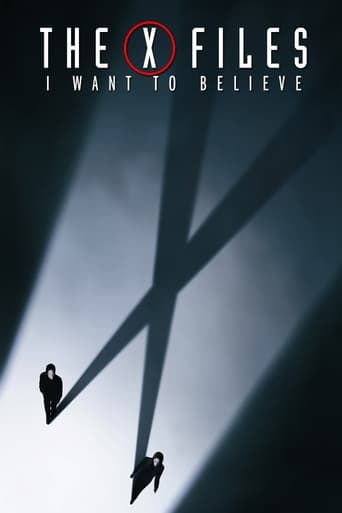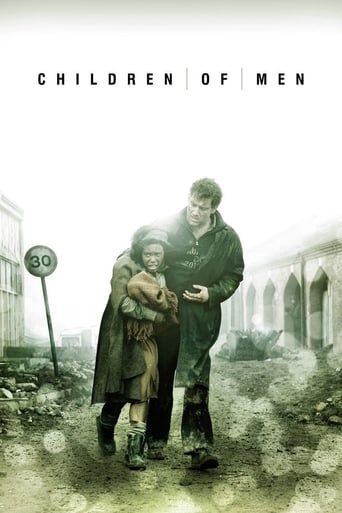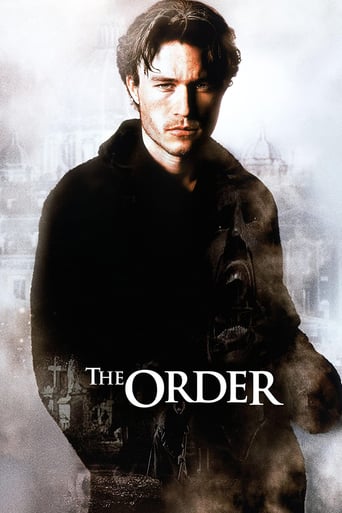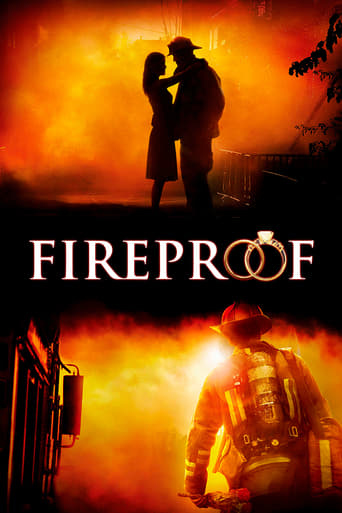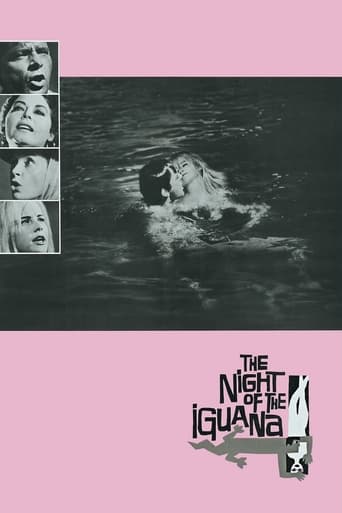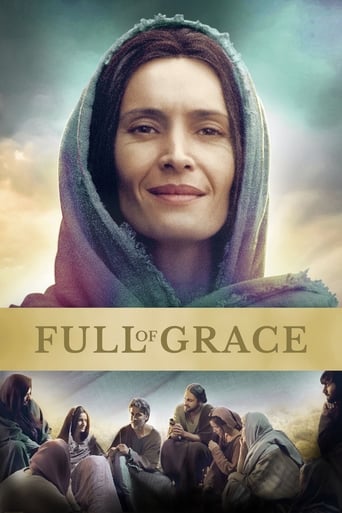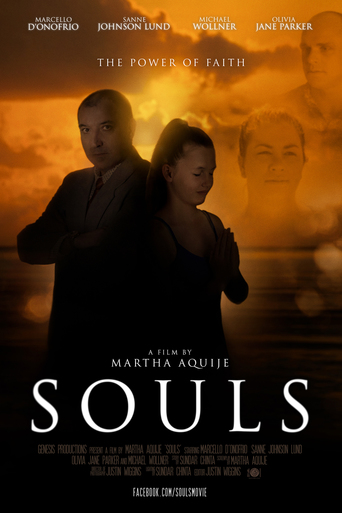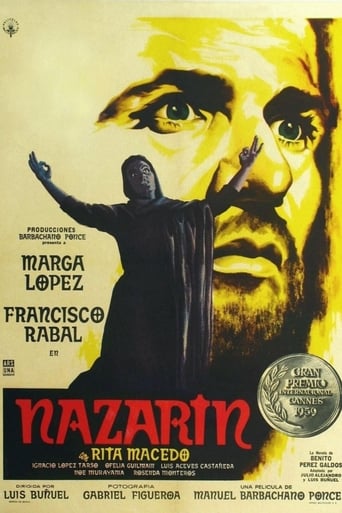
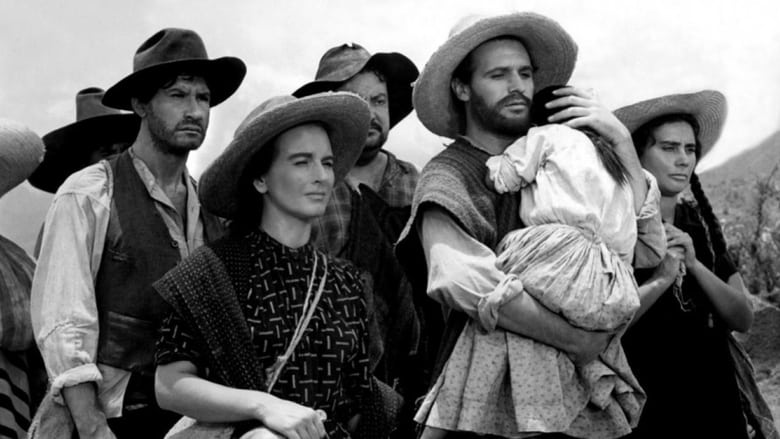
Nazarin (1959)
After hiding a murderer, a Catholic priest is forced into self-exile and decides to embark on a pilgrimage through the Mexican countryside.
Watch Trailer
Cast


Similar titles
Reviews
Excellent, Without a doubt!!
Very interesting film. Was caught on the premise when seeing the trailer but unsure as to what the outcome would be for the showing. As it turns out, it was a very good film.
I think this is a new genre that they're all sort of working their way through it and haven't got all the kinks worked out yet but it's a genre that works for me.
It is a whirlwind of delight --- attractive actors, stunning couture, spectacular sets and outrageous parties. It's a feast for the eyes. But what really makes this dramedy work is the acting.
A priest (Francisco Rabal) in a poor community lives a charitable life in accordance with his religious principles, but many others do not return the favor.There are two things that really stood out for me with this title. One, if I am not mistaken, Bunuel had a rocky relationship with Catholicism. Yet, here the priest is the hero, and in no facetious or false way. He truly lives a good life, a devout life, and is helpful to his fellow man. He is an inspiration to us all.Second, Francisco Rabal is amazing and really drives this film. He starred in three films directed by Buñuel - "Nazarín", of course, but then later "Viridiana" (1961) and "Belle de jour" (1967). Interestingly, William Friedkin thought of Rabal for the villain of "The French Connection" (1971). However, he could not remember the name of "that Spanish actor". Mistakenly, his staff hired another Spanish actor, Fernando Rey. Friedkin discovered that Rabal did not speak English or French, so he decided to keep Rey. Rabal had previously worked with Rey in "Viridiana". Rabal did, however, work with Friedkin in the much less successful but Academy Award-nominated cult classic "Sorcerer" (1977), a remake of "The Wages of Fear" (1953).
about faith as only manner to live. about the struggle to be Christian. all in the web of Bunuel's cruel and subtle irony. a remarkable film for the image of a way. for the crumbs from Don Quixote. for the science to explore social expectations and the self protection of many. grace full, courageous, cruel, cold, the same Bunuel who looking the decomposition of illusions. a man. and two woman. Mexican villages. the message. the sacrifice. and the shadow of doubt. it is more than a religious film. like each film of Bunuel, it represents perfect support for reflection. about life, people and faith's expressions. about ideal. and about its high price. nothing new, at the first sigh. but useful. for define yourself.
I love the absurdity and biting humor of Buñuel's surrealist films (such as "The Discreet Charm of the Bourgeoisie" and "The Exterminating Angel", to name two). Other, earlier works (like "The Forgotten Ones", about juvenile delinquents from a marginal neighborhood in Mexico) are more serious and provide a strong social message.However, I believe it is "Nazarin" which most successfully shoots for the heart of the viewer. While it's true that it's brimming with irony, it nevertheless reveals an aspect of Buñuel which would appear to be intrigued by the beauty and solemnity of the spiritual quest. Here, while the director (quite typically) throws countless jabs at the Catholic Church, he also appears to show, surprisingly, a sense of admiration for genuine Christian thought and its practice of selfless love."What?? Luis Buñuel unabashedly praising a Jesus-like figure??" I always thought of him as a completely cynical artist without a trace of faith in human virtue... that is, until I watched "Nazarin". My appreciation is that he satirically exposes the difficulty of following Christ's example in a society infested with meanness, ignorance and sin; but he also presents the hero, Father Nazario, as quite the beacon of light amidst a sea of darkness. Without a doubt, by the end of the film I was looking up to him and not down on him! Some would argue that Father Nazario's doubts regarding his faith point to the loss of his saintly values. (Alas, if he can't do good in this world, who can?) But I would say that this "flaw", his frustration, precisely makes his character all the more heroic, because it shows how human he is and how challenging his struggle within must be. And who says the priest couldn't eventually emerge from that "dark night" and regain his confidence? Perhaps we've only been presented with a difficult part of his spiritual journey. The elegant, open ending allows us to imagine ourselves what the final outcome of the story might be like.I recognize in Buñuel the aggressive, self-professed atheist endowed with brilliant wit and social awareness; but after having watched "Nazarin", I also sense from him a certain warmth, a depth and maturity that's not so evident in his other work.For the sake of contrast, I strongly recommend watching afterward his short film "Simon of the Desert" (also made in Mexico, several years later). It deals with a similar subject matter – the surrender of the ego in the face of temptation –, only it does so in a hysterically funny and totally irreverent style.
When you look at Mexico's best movies you will more than likely find that the Photography was performed by Gabriel Figueroa. He is recognized in the world as one of the best that have ever existed. His master control of the cameras gave an added asset to the movies he was part of. If added to his participation we add the direction of Luis Bunuel, you will never find such a pair of aces anywhere else in the world. This story, Nazarin, was written by Spain's greatest writer besides Miguel de Cervantes(Don Quijote de la Mancha). The story in itself is superb: Nazarin a priest that lives by his beliefs tries to live a very Christian life, but as always there are people that do not accept this. He wanders through many places preaching his Christianity but finding, most of the time, people that do not accept him. But besides the splendid story, it is always interesting to try to interpret the enigmatic messages that Bunuel sends us throughout the picture in scenes that make you shiver.


